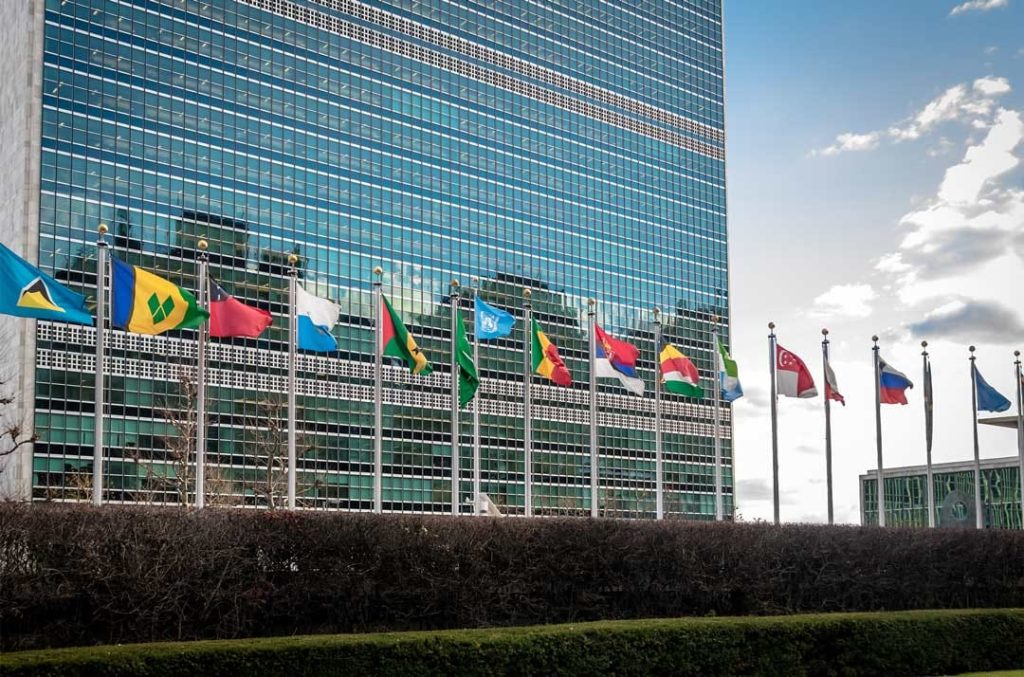International calls are growing to relocate the United Nations General Assembly (UNGA) session from New York to Geneva following the United States’ decision to refuse visas to Palestinian President Mahmoud Abbas and approximately 80 members of his delegation. This move, aimed at preventing their participation, comes ahead of a session where significant decisions regarding the recognition of Palestine are anticipated. The high-level debates, scheduled from September 23-27, are now mired in controversy, marking the first time in UN history such a comprehensive ban has been attempted.
The Trump administration cited security, extremism, and foreign policy reasons for the visa denials, a action with precedent in the 1988 barring of PLO leader Yasser Arafat. However, this decision is seen as a direct violation of the 1947 UN “headquarters agreement,” which generally requires the US to allow access for foreign diplomats to the UN in New York. The ban specifically aims to thwart Palestinian participation in a key diplomatic event, including a one-day conference on the two-state solution led by Saudi Arabia and France.
The diplomatic impasse has prompted figures like Danish Member of the European Parliament Per Clausen to propose moving the session to Geneva, arguing that Europe should advocate for a venue that upholds Palestinian rights. This sentiment is reinforced by the expectation that countries like Britain, France, Australia, and Canada may use this session to formally recognize Palestine as a state, a move that has upset both the US and Israel. Currently, 147 of the 193 UN member states already recognize Palestine, which holds observer status.
This crisis occurs against the backdrop of the ongoing war in Gaza, which has profoundly intensified the geopolitical stakes. Israeli tallies state the war began after Hamas killed 1,200 people and took 251 hostages on October 7, 2023. In response, Israel’s military assault has, according to Gaza’s health ministry, killed over 62,000 Palestinians, displaced nearly the entire population, and left the territory in ruins. With Hamas refusing to disarm without an independent state and Israel’s new plan for Gaza deepening humanitarian concerns, the UNGA session was poised to be a critical platform for addressing these issues, now complicated by the visa denials.














